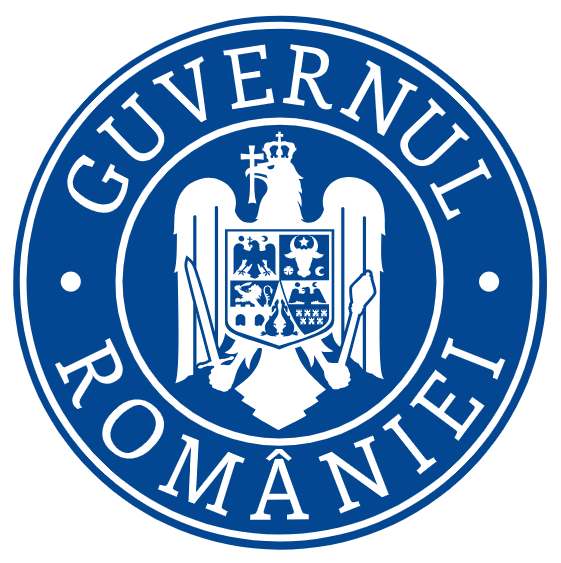Over the last ten years, museum funding from national, regional, and local governments has decreased and the trend is still negative. Sponsorship from private companies has also been reduced. Museums have to look for other forms of income to finance their societal tasks and their successful role as social institutions.
During the COVID-19 crisis, the level of public involvement in culture increased, possibly precisely because people could not visit museums. Community-based crowdfunding could therefore be a solution. By involving more of the public in museums over a longer period of time, this approach can benefit the museum, its community, and the local, regional, and national development of which it is an active part. It can also bring a larger part of the community in touch with their heritage as a shared set of values and the museum as a safe platform for inclusive dialogue. A specific element of attention will be the inclusion of community members with less financial means, while avoiding stigma.
A positive effect of this increased connection between communities and museums could be a reversal of the initial problem of increased political and entrepreneurial financial support for museums. The project will conceptualize, initiate, and bring together existing test cases and analyze them through objective metrics. The best and most inspiring practices will be made available to European quadruple helix networks of museums, research institutes, governments, and companies through conferences, publications, and (social) media.
Partners sought: Universities/Research centers, Test partners (museums), Funding partners, and European networks.
Contact: Remke Palsma, Cities Northern Netherlands.
Find more details HERE.
source: RDA North East Brussels Office



